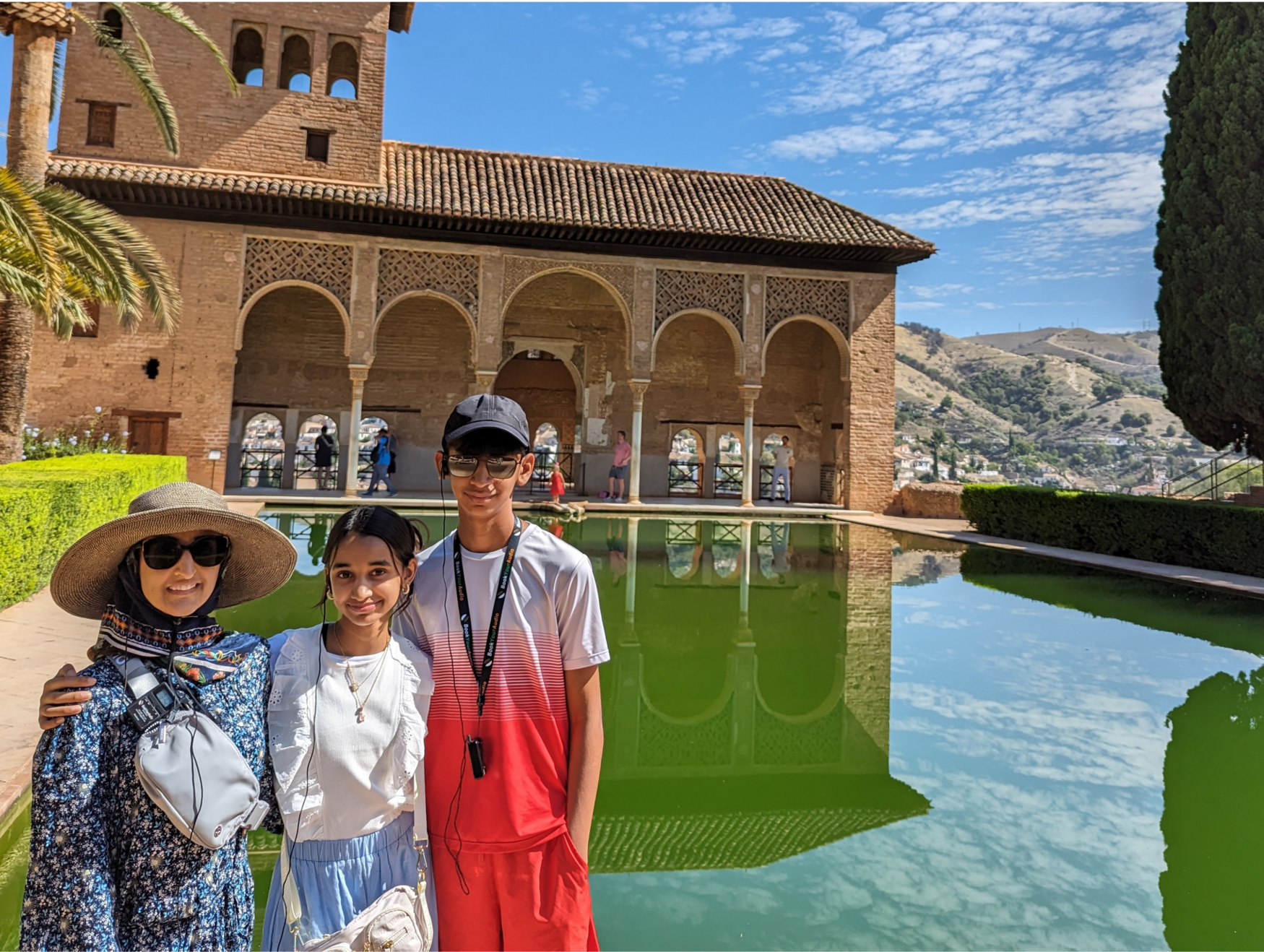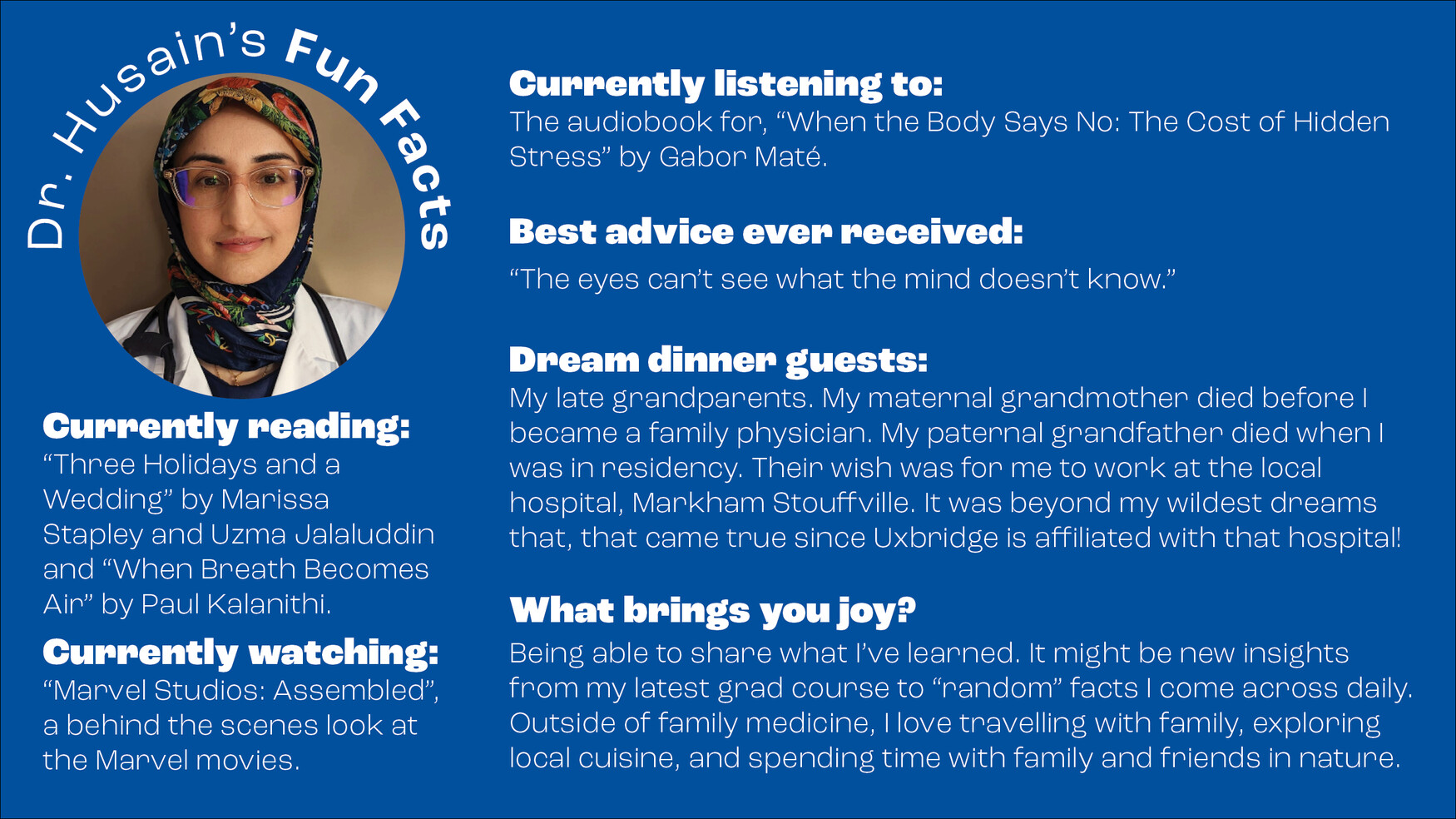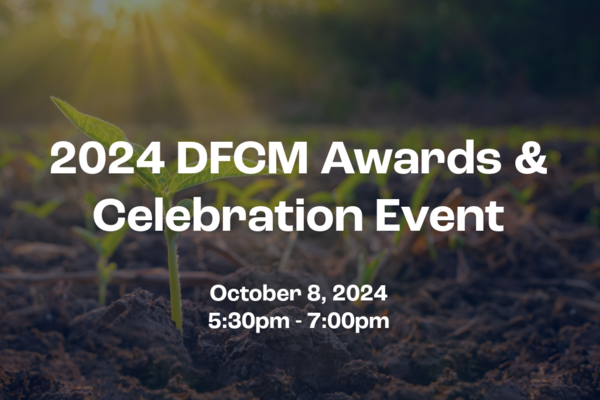Apr 3, 2024
Humans of DFCM—Dr. Aisha Husain
Humans of DFCM, Education, Faculty, Grad Studies & Fellowships, MD Program, Residency
With a medical journey spanning countries and areas of focus, Dr. Aisha Husain details what drew her back to provide care in her family’s home community and why family medicine residents should soak up as much experience as possible





